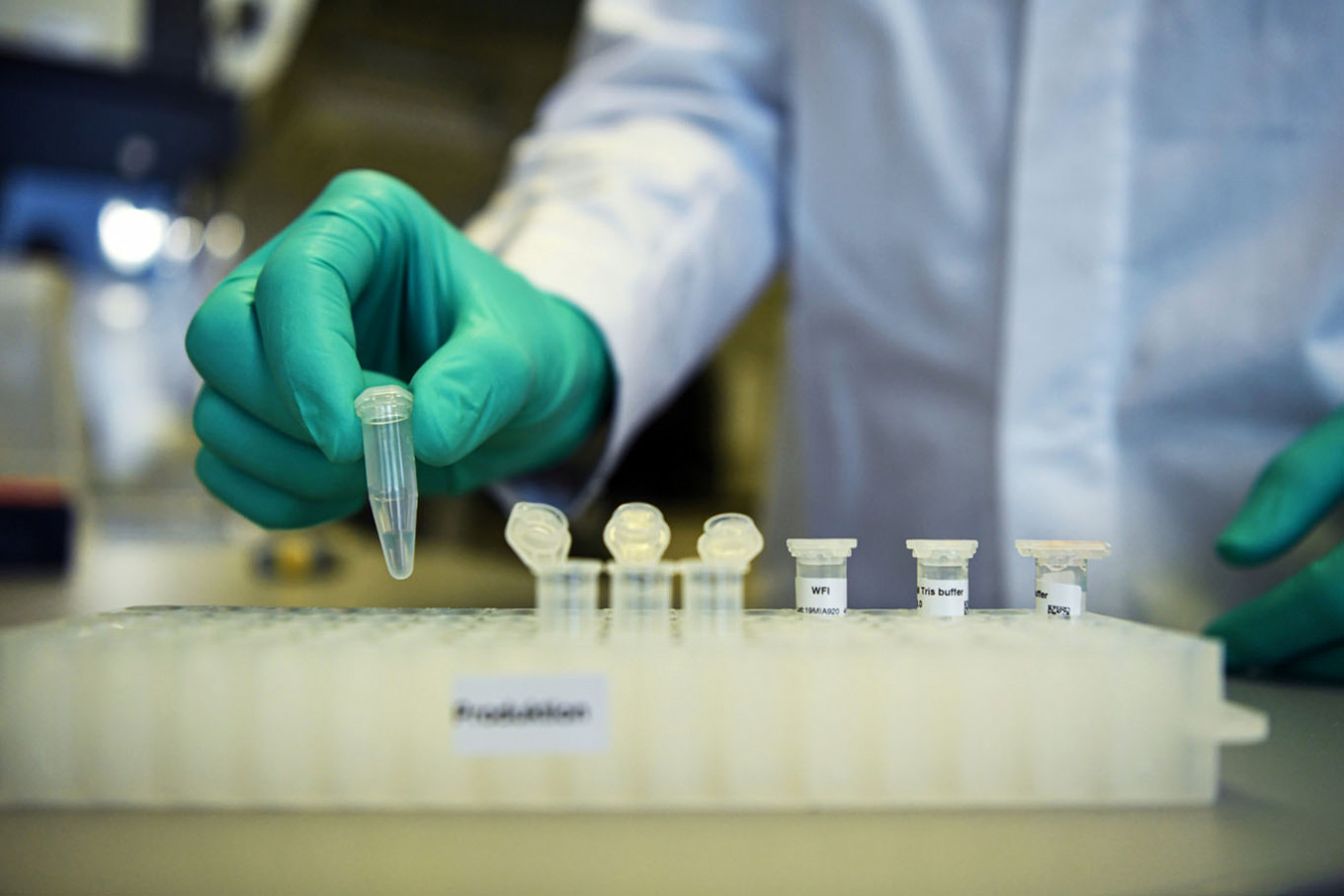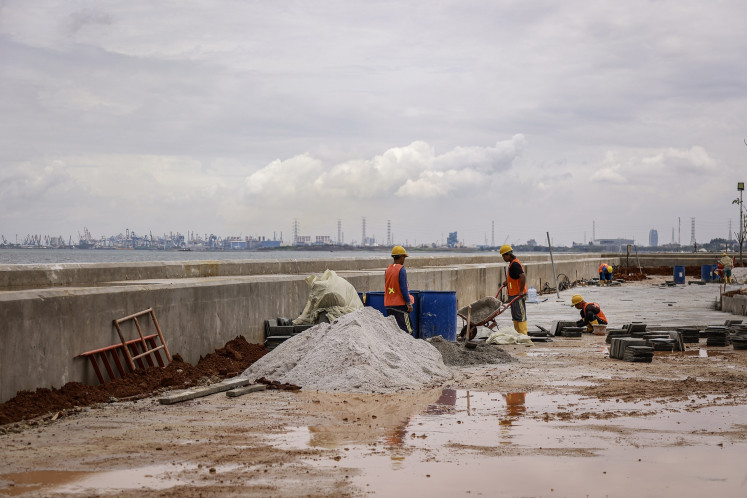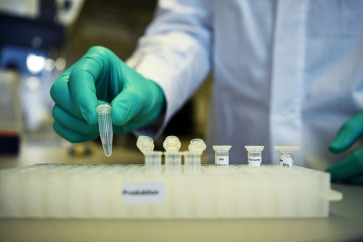Popular Reads
Top Results
Can't find what you're looking for?
View all search resultsPopular Reads
Top Results
Can't find what you're looking for?
View all search resultsIn the name of good science: Lessons from the Terawan case
Indonesia needs to start teaching scientific thinking at schools, not just science.
Change text size
Gift Premium Articles
to Anyone
T
he recent dismissal of former health minister Terawan Agus Putranto as a member of the Indonesian Medical Association (IDI) has sparked outrage from many people, including House of Representatives lawmakers. Many defended the “medical procedure” that led to his dismissal, citing the testimonials of thousands of patients who claimed to have benefitted from the procedure, while blaming the IDI for being politically motivated and impeding innovation.
Putting aside the politics surrounding the affair, we should accept that good science comes from the sound conclusions and robust designs of experiments based on solid theories. For example, while heparinization might “make sense” on the surface because heparin is an anticoagulant that can prevent blood clots, there are no grounds for the claim that it can be used in the blood vessels of the brain or that it can prevent or treat stroke.
If this hypothesis were to be tested, high-quality science must proceed in sequential steps, starting from in vitro testing on simulated vessels followed by in vivo testing in murine (rodent) or other test animals, before proceeding to human tests. However, no such experiments had been performed in the case of the procedure Terawan administered, which he dubbed cuci otak, or literally, “washing the brain”.
Most importantly, good science rests on robust experimental designs. While the “brain wash” method has been published in a few scientific journals, the design of the experiment used is extremely shaky. This leads to one thing that all of us must remember: publishing a paper in a scientific journal does not guarantee the validity of the science used. Beautifully formatted, respectably written papers in the “journal article” style means nothing if the experiment’s design is not robust.
Terawan’s paper that “proved” the method’s efficacy claimed to use a “randomized controlled trial with pre- and post-testing”. However, even that claim is false. There was no randomization in the trial. In a randomized controlled trial (RCT), there must be an experimental group that receives the treatment and a control group that doesn’t, both with randomly assigned participants. There was no control group in that trial, which only observed 75 patients before and after treatment.
There is no way to conclusively exclude any placebo effects. Not mentioning the questionable “muscle-strength scale” referred to in the paper, both the treatment method and its trial have been denounced by reputable international scientists and journals, such as Science. It is hardly appropriate to hail the treatment as “Indonesia’s scientific breakthrough”.
Which brings us to how the Indonesian public perceives science. Indeed, even among Southeast Asian countries, Indonesia allocates a minuscule budget and minimal resources for science and technology. Science, even critical and scientific thinking, has a very small role in public conversation.


















